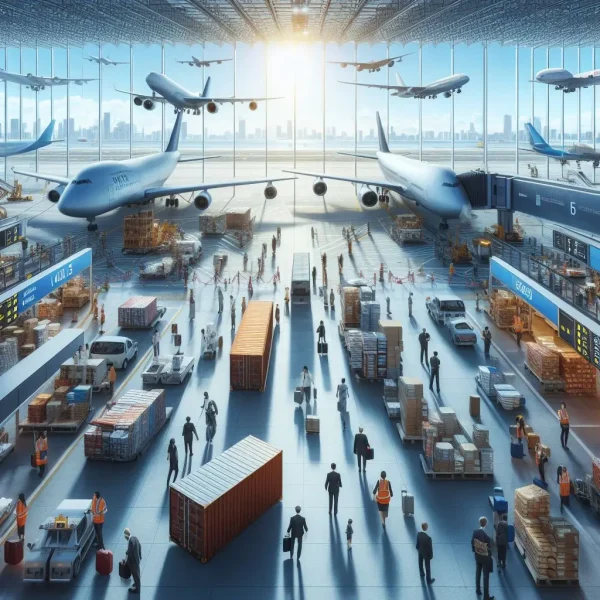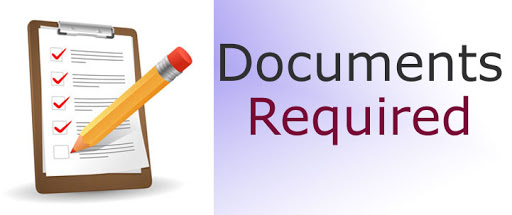- By TOP CHINA FREIGHT
- September 27, 2025
- Air Freight, Shipping
Table of Contents
Air freight services from China play a critical role in global supply chains. Businesses rely on them for fast, reliable, and secure cargo transport. However, choosing the right service requires understanding costs, transit times, customs procedures, and logistics strategies. This guide explains everything you need to know, from rates to documentation, so you can ship goods with confidence.

Why are air freight services from China important?
China remains the world’s leading exporter, supplying electronics, textiles, machinery, and consumer goods worldwide. Air freight services from China allow businesses to move products quickly, ensuring shelves are stocked and markets stay competitive. Unlike sea freight, which may take weeks, air shipments arrive in just days, giving companies greater flexibility.
Moreover, air freight enhances security by reducing risks of theft and damage. It is especially useful for perishable items, urgent spare parts, and high-value goods like smartphones. Therefore, choosing air freight ensures your supply chain operates efficiently, even under tight deadlines.
How long does air freight from China take?
Transit time depends on origin, destination, and customs clearance. On average, deliveries range from 3–7 days, but express services may be faster.
| Route | Average Transit Time | Notes |
|---|---|---|
| China – USA | 5–7 days | Direct flights available |
| China – Europe | 4–6 days | Major hubs like Frankfurt, Paris |
| China – Middle East | 3–5 days | Dubai, Doha are key hubs |
| China – Southeast Asia | 1–3 days | Short-haul, fast service |
Delays can occur during peak seasons, such as Chinese New Year or before Christmas. Therefore, planning ahead ensures smooth scheduling.
How much do air freight services from China cost?

Air freight costs are based on chargeable weight, whichever is greater between actual and volumetric weight. Rates usually range from $4.5 to $8 per kg, depending on distance, cargo type, and airline.
| Weight | Rate per KG (USD) | Estimated Total Cost |
|---|---|---|
| 100 kg | $6.0 | $600 |
| 300 kg | $5.5 | $1,650 |
| 500 kg | $5.0 | $2,500 |
Additional charges may include fuel surcharges, customs duties, insurance, and delivery fees. Businesses should always calculate landed cost to know the true shipping expense.
What documents are required for air freight?

Accurate documentation prevents delays and penalties.
| Document | Purpose |
|---|---|
| Air Waybill (AWB) | Contract of carriage and proof of shipment |
| Commercial Invoice | Declares product value for customs |
| Packing List | Details of goods inside shipment |
| Certificate of Origin | Identifies production source |
| Import License (if required) | Needed for restricted products |
Incorrect paperwork may cause goods to be held at customs. Therefore, partnering with an experienced freight forwarder ensures compliance.
Air vs sea vs rail freight: which is best?
Each shipping method has advantages depending on cost, urgency, and cargo size.
| Factor | Air Freight | Sea Freight | Rail Freight |
|---|---|---|---|
| Transit Time | 3–7 days | 25–40 days | 14–20 days |
| Cost | Higher | Lowest | Moderate |
| Cargo Type | High-value, urgent | Bulk, heavy | Medium-sized, Europe routes |
| Reliability | Very high | Moderate | High for certain routes |
Air freight is best for urgent and valuable cargo, while sea freight is ideal for bulk goods. Rail freight provides a middle ground for shipments to Europe.
Which airports in China handle major air freight?
China has world-class airports with advanced cargo handling.
Key Air Cargo Hubs in China:
- Shanghai Pudong International (PVG)
- Guangzhou Baiyun International (CAN)
- Shenzhen Bao’an International (SZX)
- Beijing Capital International (PEK)
- Hong Kong International (HKG)
These hubs connect to major international airports such as Los Angeles, Frankfurt, Dubai, and Singapore, ensuring global reach.
What types of cargo benefit most from air freight?
high demand and high value.
require fast and secure handling.
time-sensitive seasonal launches.
urgent spare parts for manufacturing.
seafood, flowers, and fresh produce.
How to save costs on air freight from China?
Although air freight is more expensive than sea, businesses can reduce costs by:
- Consolidating cargo with other shipments.
- Optimizing packaging to reduce volumetric weight.
- Using flexible schedules instead of urgent express options.
- Negotiating long-term contracts with freight forwarders.
- Avoiding peak season surcharges through early booking.
Therefore, strategic planning can make air freight more affordable without sacrificing speed.
Case Study: Air freight advantage in retail supply chain

A fashion retailer in Europe needed 2 tons of clothing from Guangzhou before the holiday season. Sea freight would take 30 days, risking missed sales. Instead, the company chose air freight services from China. The shipment arrived in 5 days, enabling stores to launch collections on time. Although the cost was higher, the revenue gained from seasonal sales far outweighed the additional expense. This case demonstrates how air freight secures market competitiveness.
What challenges affect air freight from China?
Despite its benefits, air freight faces several challenges:
- High cost compared to sea and rail.
- Limited capacity during peak demand.
- Customs complexity for restricted products.
- Environmental impact, as air transport has higher carbon emissions.
However, logistics innovations, green aviation strategies, and digital customs systems are improving the efficiency and sustainability of air freight.
Conclusion
Air freight services from China remain the fastest and most reliable option for global trade. They are ideal for high-value, urgent, and time-sensitive shipments, offering delivery within days instead of weeks. While costs are higher, strategic planning, consolidation, and professional freight forwarder support can help businesses optimize expenses. By choosing air freight wisely, companies can maintain strong supply chains and meet market demands efficiently.
Need a Shipping Quote?
If you want expert guidance and peace of mind, our team is ready to assist.
TJ China Freight offers tailored solutions to help businesses of all sizes ship more reliably from China.

FAQ
Q1:How do airlines calculate air freight charges from China?
Charges are based on chargeable weight, which is the greater of actual weight or volumetric weight. This ensures space efficiency on the aircraft.
Q2:Can I ship dangerous goods by air from China?
Yes, but they must comply with IATA Dangerous Goods Regulations. Items like lithium batteries require special packaging and airline approval.
Q3:What are common mistakes shippers make with air freight?
Incomplete documents, poor packaging, and underestimating volumetric weight often cause delays and extra charges. Working with a forwarder avoids these issues.
Q4:Is air freight from China insured automatically?
No, basic liability is limited. Shippers should purchase cargo insurance to protect against loss, damage, or delays during transit.
Q5:Which industries rely most on air freight services from China?
Electronics, pharmaceuticals, fashion, and automotive sectors depend heavily on air cargo due to speed and reliability.
